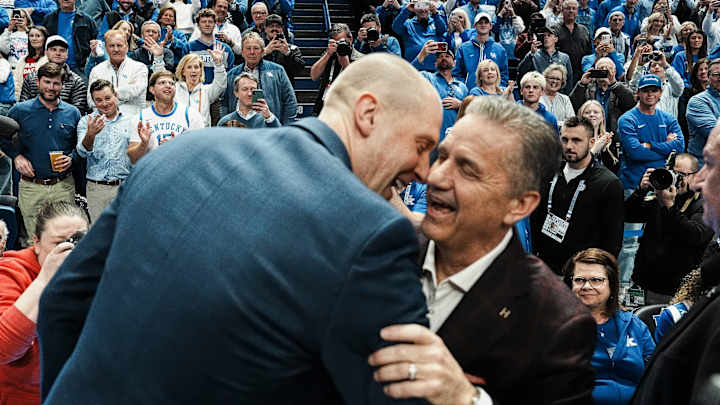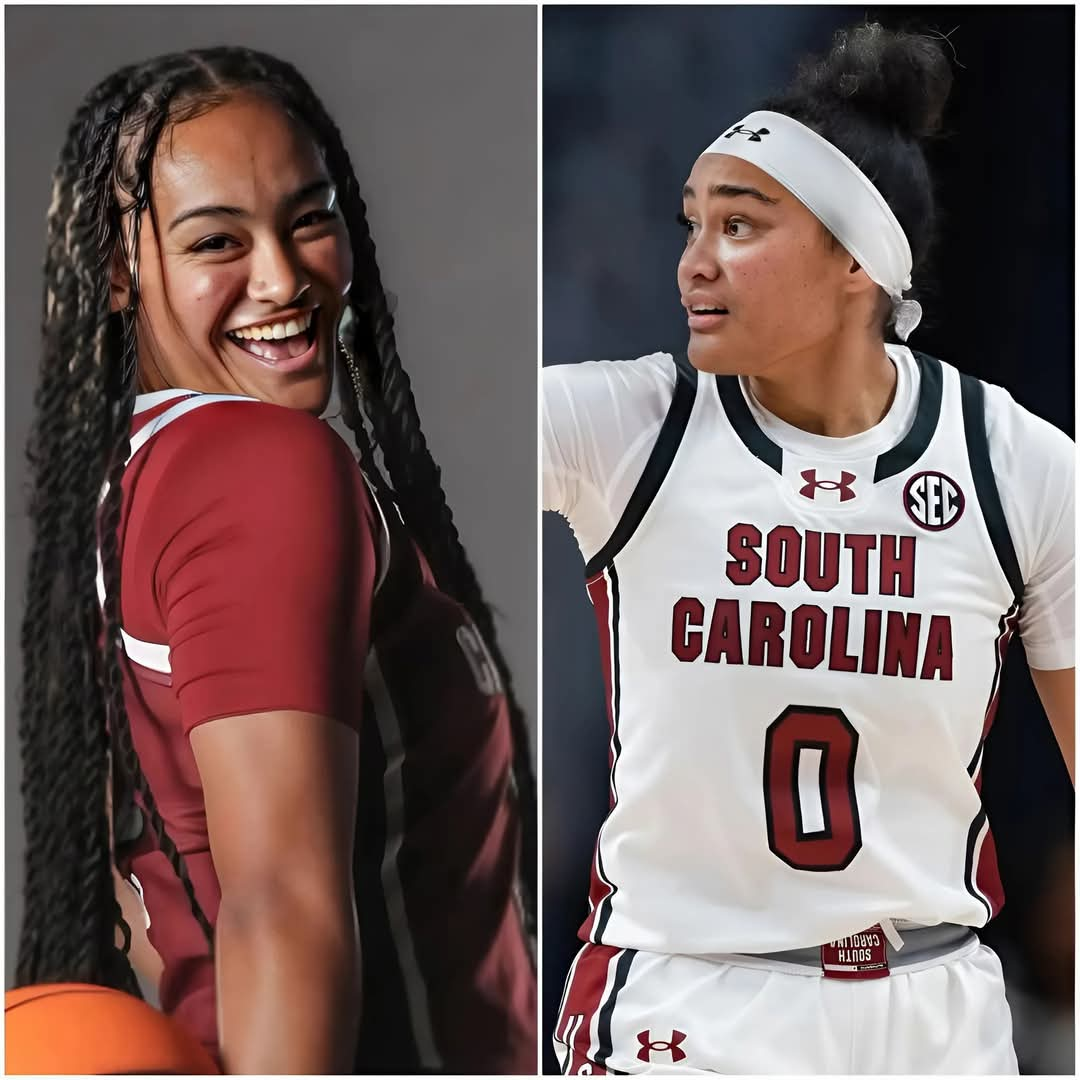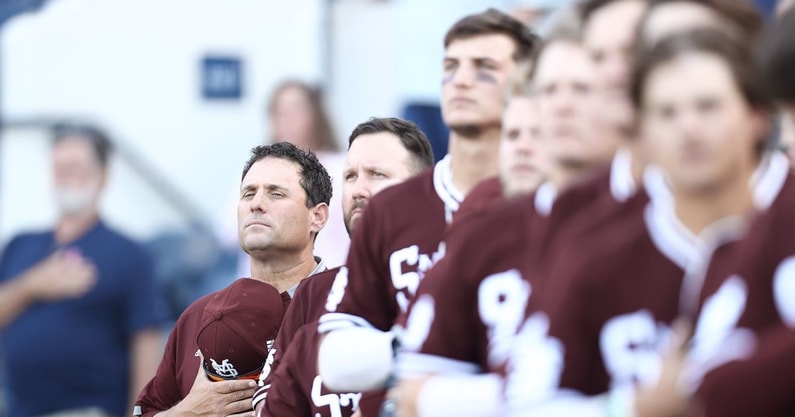In a recent appearance on the Wildcats Today Podcast, former Kentucky Wildcat Kahlil Whitney offered a firsthand perspective on the contrasting coaching styles of two prominent figures in Kentucky basketball history: John Calipari and Mark Pope. Whitney, who played under Calipari during his collegiate career, has also experienced Pope’s leadership while playing for La Familia in The Basketball Tournament (TBT), making him uniquely qualified to discuss both coaches’ approaches.
Mark Pope, a former Kentucky player himself, took over the head coaching duties of the Wildcats following Calipari’s departure to Arkansas. His coaching tenure marks a new chapter in Kentucky basketball—one that comes with distinct stylistic shifts both on and off the court.
When asked by host Carson Nash to explain the differences between Calipari and Pope, Whitney didn’t hesitate. He highlighted the contrasting demeanors of the two coaches, especially in how they communicate and motivate their players. According to Whitney, Pope maintains a much calmer and more composed presence. He described Pope as someone who focuses on drawing up plays strategically and encourages his players through motivation rather than aggressive vocal tactics. Whitney pointed out that Pope’s communication is more measured and emotionally steady, in contrast to Calipari’s more animated and passionate style, which often includes loud yelling during games and practices.
Whitney was quick to clarify that Calipari’s intense approach isn’t inherently negative; it’s just a different leadership style. For many years, Calipari’s fiery passion has become one of his trademarks, inspiring players through tough love and high expectations. His animated sideline presence and willingness to be vocal are part of what made him such a formidable force during his time in Lexington.
Whitney also touched on the similarities between the two coaches, particularly when it comes to offensive philosophy. He noted that while both Pope and Calipari have comparable ideas in terms of play style, Calipari has a tendency to stick with what works. If he sees something clicking on the court—whether it’s a specific matchup, a hot hand, or a successful play design—he’ll continue riding that success throughout the game. That adaptability and in-game decision-making are what helped Calipari consistently win big games and produce NBA-ready talent during his Kentucky tenure.
Despite their stylistic differences, both Pope and Calipari share a deep commitment to excellence, player development, and team success. Whitney’s analysis reflects mutual respect for both coaches’ accomplishments and philosophies. He acknowledged that each has their own way of guiding a team to victory, and both have demonstrated an ability to connect with players and build successful programs.
The narrative of Calipari vs. Pope will likely become a defining storyline in SEC basketball for the foreseeable future. The two coaches now lead rival programs—Calipari at Arkansas and Pope at Kentucky—setting up annual matchups that will draw national attention. Last season, Calipari’s Arkansas Razorbacks came out on top in a game played at Rupp Arena, Kentucky’s home court. That win gave Calipari a triumphant return to Lexington and put added pressure on Pope to deliver a win when the two teams meet again—this time at Arkansas’ Bud Walton Arena.
These showdowns will be about more than just basketball—they’ll be about legacy, emotion, and pride. Both coaches are deeply connected to the University of Kentucky. Calipari, with his long and successful run that included a national championship and multiple Final Four appearances, is already considered a legendary figure in the program’s history. Pope, a former Wildcat player who won a national title with the team in 1996, now has the chance to cement his own legacy as head coach.
The comparisons between the two men are inevitable. Calipari was known for being a relentless recruiter and for bringing one-and-done stars like Anthony Davis, John Wall, and Karl-Anthony Towns to Kentucky. He emphasized NBA development and often reshaped his roster with elite freshman talent. Pope, on the other hand, is building his reputation on a foundation of team chemistry, mature leadership, and a more controlled coaching demeanor.
One might argue that Pope’s style is more sustainable in the long term, especially in a college basketball landscape that is increasingly influenced by the transfer portal and player retention. His approach could appeal to players who are seeking development and stability rather than just a springboard to the NBA.
What makes this conversation so compelling is the fact that Whitney, someone who has played for Calipari and competed under Pope’s coaching, offers a rare inside look at how both men operate. His comments suggest that while the external energy of each coach may differ—Calipari being fiery and intense, Pope being calm and motivational—their core goal remains the same: winning and helping their players succeed.
The Kentucky basketball program has always been a lightning rod for attention, expectations, and debate. With Mark Pope now at the helm, fans are watching closely to see how his leadership style translates into results. Meanwhile, Calipari is starting a new chapter at Arkansas, hoping to prove that he still has the magic to compete at the highest level in a different program.
As the 2025 season progresses, the next installment of the Pope vs. Calipari saga will be must-watch television. The game will not only be about two powerhouse programs battling for SEC supremacy, but also about two men—each with a unique connection to Kentucky—bringing their best to the court.
In the end, Kahlil Whitney’s reflection doesn’t pit one coach against the other in a negative light. Instead, it showcases how two successful leaders can take very different paths to success. One thrives on fiery passion and high-stakes urgency. The other relies on calm confidence and measured guidance. Both have proven track records, and both have earned their spots as prominent figures in Kentucky’s storied basketball tradition.
As the rivalry between Pope’s Kentucky and Calipari’s Arkansas continues to evolve, fans will see more than just strategic battles. They’ll witness a philosophical contrast in how teams are built, how players are motivated, and how championships might ultimately be won.



